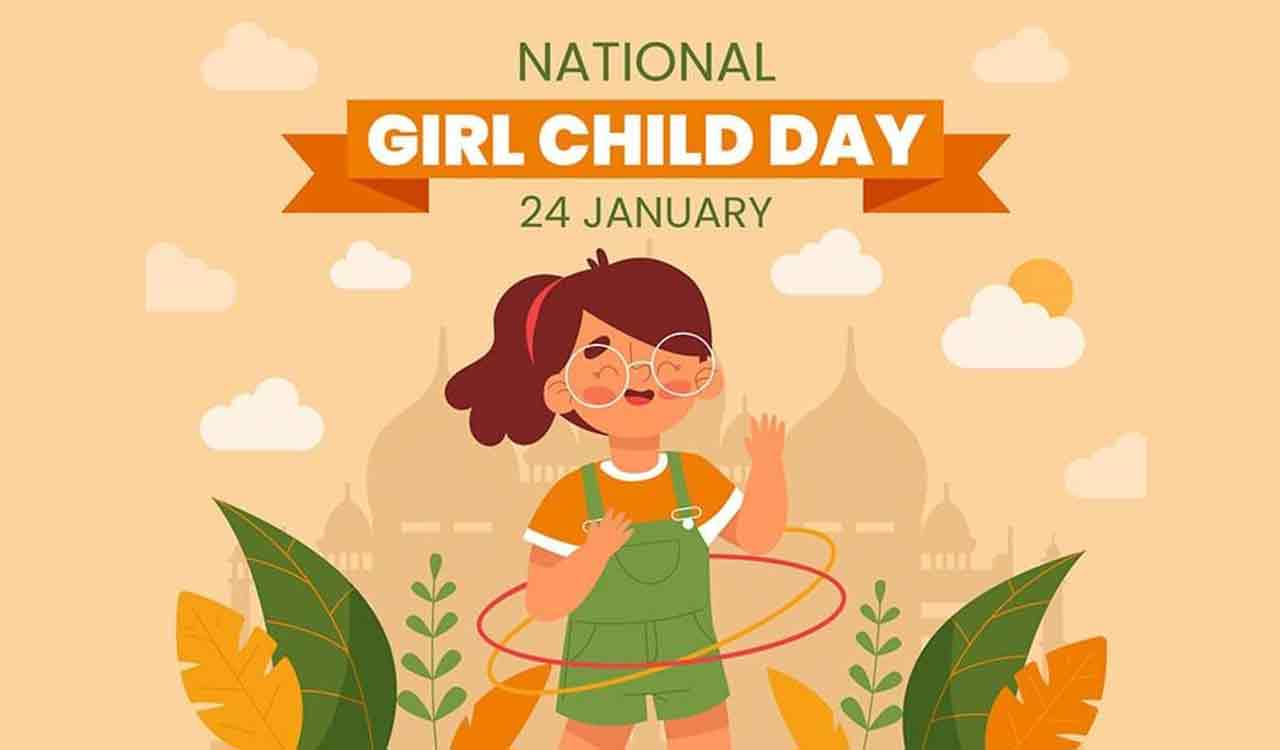5 Excellent Initiatives Ideal For Education Of Rural Girls


India’s rural literacy rate increased dramatically in 2023-24, hitting 77.5. This was led by a significant increase in female literacy, which rose from 57.93% in 2011 to 70.4% (among people aged seven and up). Female labor force participation in rural areas also increased significantly, rising from 24.6% in 2017-18 to 41.5% in 2022–23.
These accomplishments also represent the collaborative efforts of centrally supported programs, non-profit organizations such as Transform Rural India (TRI), a development design firm, and grassroots leaders working in underprivileged areas. On National Girl Child Day (January 24), hear about some of the important programs that have helped to empower girls and women in rural India.
Beti Bachao Beti Padhao (BBBP)
The Beti Bachao Beti Padhao (BBBP) project, which began nine years ago, aims to combat gender-based sex-selective practices, assure girl child survival, and promote education. It is a government-sponsored initiative, with full government funding. The initiative has greatly increased school enrollment rates and gender equality, according to India’s 2022 Economic Survey. The Gross Enrolment Ratio (GER) for primary schools has increased for both boys and girls, as well as for upper primary. Girls’ enrollment rates have overtaken boys’, marking an important milestone in the country’s quest for gender equality. The plan is a centrally supported effort with full government funding.
Aqua Schools
Shail Kumari, a farmer in the Mihinpurva block of Bahraich, Uttar Pradesh, struggled to supply enough food grains for her family due to seasonal flooding that hampered her farming activity. During this trying time, she discovered the possibilities of fish farming through Transform Rural India’s (TRI) ‘Aqua Schools’. She gained an additional Rs 40,000 from fish farming in addition to paddy output after investing Rs 10,000 to excavate a fish pond and utilize TRI’s assistance with fish seeds and bird nets. Beyond Shail Kumari, hundreds of rural women have benefited from Aqua Schools’ comprehensive capacity-building programs. They offer capacity-building programs, technical support for pond construction and fishery management, and training for women to create sustainable livelihoods through aquaculture.
District Sports Bank in Gumla
Jharkhand has produced prominent female athletes, including Salima Tete, the current captain of India’s women’s national field hockey team. The state’s rural kids, who excel in hockey, athletics, and archery, can reach new heights with sufficient sports infrastructure. Transform Rural India (TRI) collaborated with the district administration, District Planning Office, and District Sports Department to establish the Gumla District Sports Bank, which provides kits for hockey, football, athletics, badminton, and cricket during tournaments. The initiative also operates 14 training centers with cutting-edge facilities to promote athletics as a career option for teenage ladies.
Sukanya Samriddhi Yojana (SSY)
The Sukanya Samriddhi Yojana (SSY) is seen as a beacon of hope and empowerment for millions of young girls in India, assisting them in achieving their hopes and objectives. This investing strategy helps parents to protect their daughter’s financial future. It is a completely risk-free savings plan guaranteed by the government that pays higher interest rates than most other savings accounts. This arrangement allows parents to contribute until their daughter reaches the age of fourteen. They can withdraw 50% of the maturity amount when the girl turns 18, and the entire maturity amount when she turns 21. The tenth anniversary of SSY falls on January 22.
National Scheme of Incentives to Girls for Secondary Education
The National Scheme of Incentives to Girls for Secondary Education, launched in 2008, benefits girls who complete Class VIII. The plan’s primary goal is to increase enrollment and minimize dropout rates, particularly among SC/ST groups. The Centrally Sponsored Scheme applies to females under 16 (as of March 31st) when they enter class IX. females studying in private unaided schools and enrolled in Central Government institutions such as KVS, NVS, and CBS-affiliated schools are not eligible. A fixed deposit of Rs. 3,000 is made in the names of qualified girls, and they are allowed to withdraw the cash and interest upon attaining the age of 18 and passing the 10th class test.
